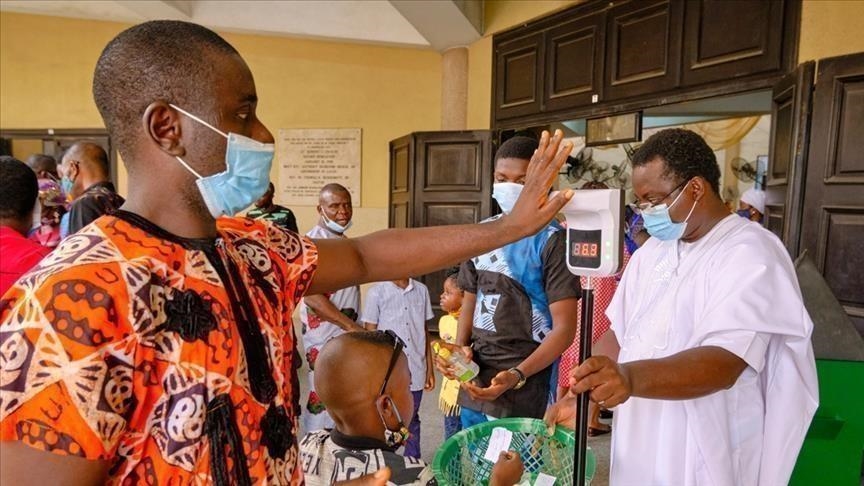Nigeria confirms 1st cases of omicron variant
3 people who traveled from South Africa last week tested positive for new strain, says Nigeria CDC

KANO, Nigeria
Nigeria, Africa’s most populous nation, has confirmed its first cases of the omicron variant, joining the rapidly growing number of countries where the new mutation has been detected.
Three people who arrived from South Africa in the past week tested positive for the new coronavirus strain, the Nigeria Center for Disease Control (NCDC) said in a statement on Wednesday.
All three patients are asymptomatic and authorities have started tracing all their contacts.
“The NCDC assumes omicron is widespread globally given the increasing number of countries reporting this variant. Therefore, it is a matter of when, not if, we will identify more cases,” read the statement.
Nigeria has already been facing heightened international scrutiny as a potential hotspot for the omicron strain.
Canada on Tuesday announced it will not allow in foreigners who have traveled through Nigeria, while South Korea said it is conducting genetic sequencing tests on a couple from Nigeria to see if they have been infected with the omicron variant.
The NCDC said Nigeria is intensifying public health measures and has revised its travel advisory to make it mandatory for all people leaving the country to present proof of full vaccination or a negative COVID-19 test done no later than 48 hours before departure.
The emergence of the omicron variant has triggered global panic, with countries rushing to close down borders and tighten curbs.
Brazil and Japan have become the most recent countries to report cases of the mutation, which new studies indicate was present in Europe around a week before it was first identified by scientists in South Africa.
As various countries shut their borders to several African nations, the World Health Organization (WHO) has warned that such measures alone will not curb the spread of the new strain.
“Blanket travel bans will not prevent the international spread, and they place a heavy burden on lives and livelihoods. In addition, they can adversely impact global health efforts during a pandemic by disincentivizing countries to report and share epidemiological and sequencing data,” read a WHO statement on Tuesday.
The agency advised that “any travel-related risk mitigation measures should be part of an overall national response strategy.”








